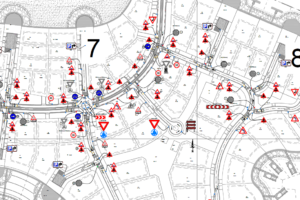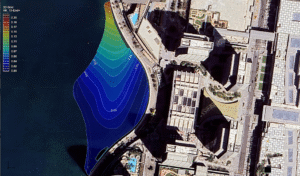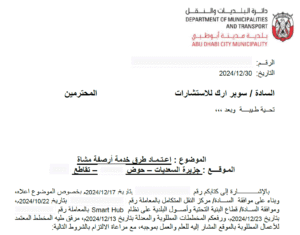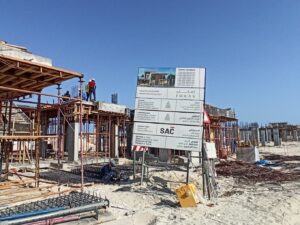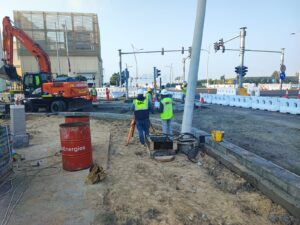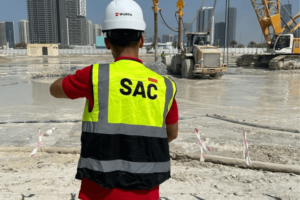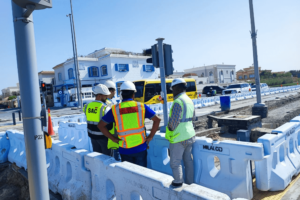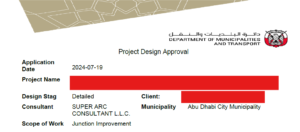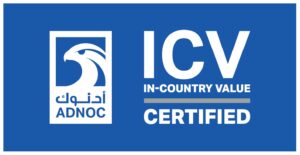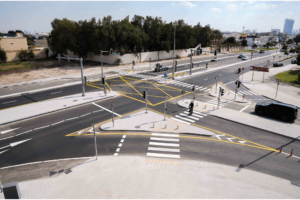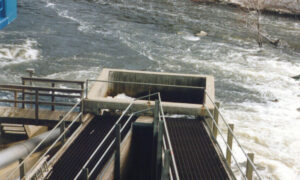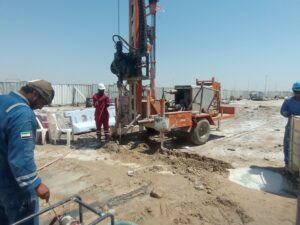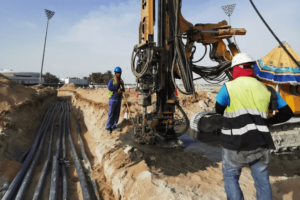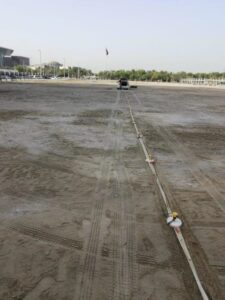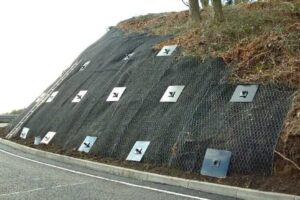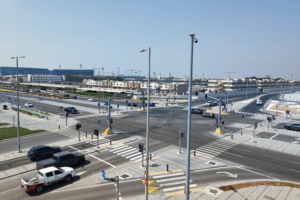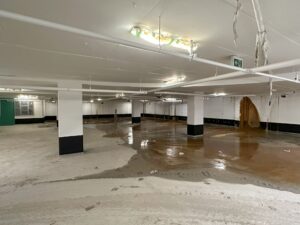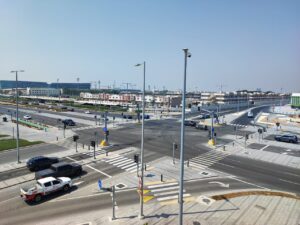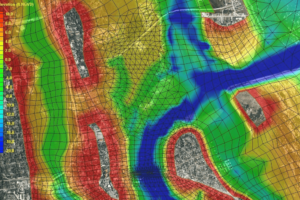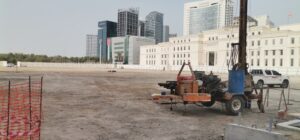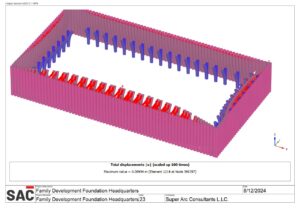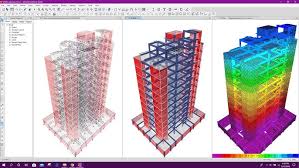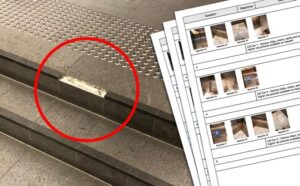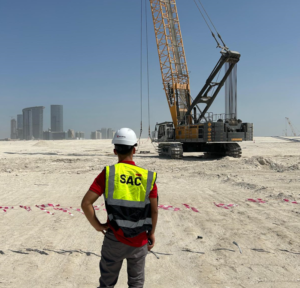In the United Arab Emirates (UAE), where rapid urban development meets unique geological and hydrogeological conditions, seepage analysis has become an essential part of engineering and infrastructure projects. From district cooling plants and underground utilities to tunnels, foundations, and manholes, seepage challenges can pose serious risks if not carefully studied and mitigated.
At Super Arc Consultant LLC (SAC), we specialize in addressing these challenges by applying advanced geotechnical and hydrogeological expertise to ensure safety, durability, and cost-effectiveness of projects across Abu Dhabi, Dubai, and other Emirates.
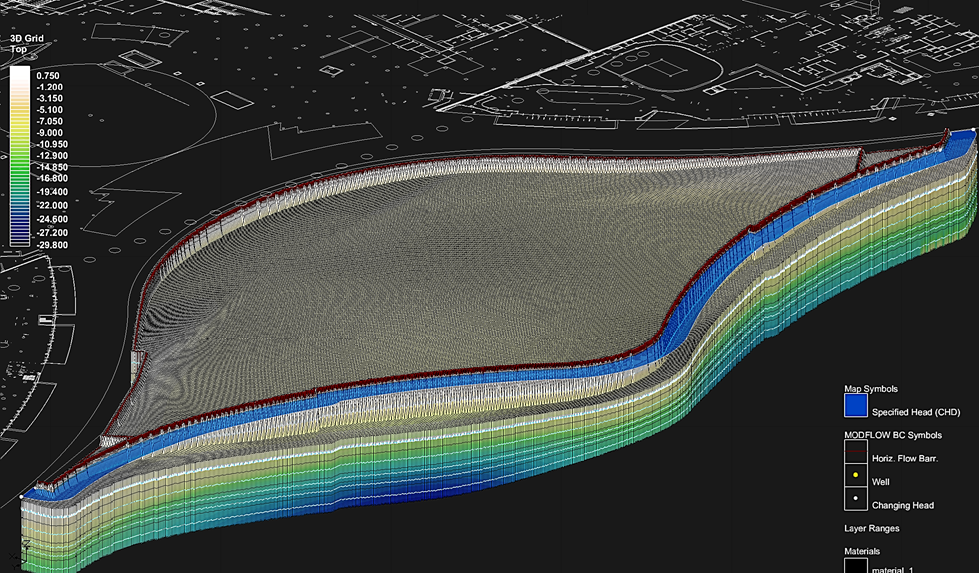
What is Seepage Analysis?
Seepage analysis is the study of groundwater movement through soil and rock. It helps engineers understand how water interacts with the ground and structures. This is especially important in the UAE because of:
- High groundwater levels in coastal areas.
- High salinity, which affects concrete durability and underground utilities.
- Reclaimed lands (like in Yas Island or Palm Jumeirah) where soil improvement is critical.
Through seepage analysis, engineers can predict:
- How water infiltrates around basements, tunnels, and utilities.
- The impact of groundwater on foundations and retaining walls.
- The effectiveness of dewatering and waterproofing systems.
Why Seepage Analysis is Critical in the UAE
- Protecting Foundations – Buildings in Abu Dhabi and Dubai often face shallow rock with variable permeability and high water tables. Without proper seepage control, foundations may experience uplift pressure and long-term deterioration.
- Utility Infrastructure – Manholes, cable trenches, and pipelines are frequently exposed to saline groundwater. Seepage analysis allows the design of protective barriers and drainage systems to prevent corrosion and flooding.
- District Cooling Plants – Many plants in the UAE are located in areas with high groundwater salinity. Infiltration can damage electrical systems, tanks, and chillers if seepage is not properly managed.
- Tunnels and Underground Structures – Metro lines, underpasses, and service tunnels require advanced seepage modeling to ensure long-term stability.
- Cost Savings and Compliance – By predicting seepage behavior, projects avoid expensive redesigns, structural failures, and ensure compliance with Abu Dhabi Municipality (ADM), ITC, and other regulatory standards.
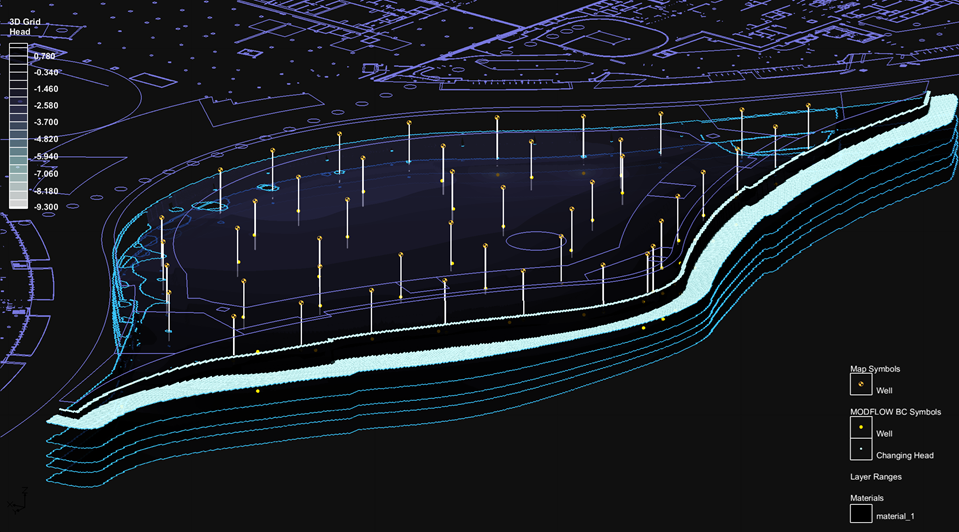
Methods Used in Seepage Analysis
At SAC, our engineers combine field investigation, laboratory testing, and numerical modeling to deliver reliable seepage studies. Techniques include:
- Finite Element Modeling (FEM) using software such as PLAXIS.
- Hydrogeological surveys to map groundwater levels.
- Permeability and pumping tests for accurate soil characterization.
- Salinity and chemical testing to recommend protective materials.
The Future of Seepage Control in UAE Projects
As infrastructure in the UAE grows more complex, sustainable water management and seepage control will be even more critical. Developers are increasingly adopting:
- Permanent seepage barriers (e.g., diaphragm walls).
- Advanced geosynthetics for waterproofing.
- Real-time monitoring systems for groundwater levels.
Conclusion
Seepage analysis in the United Arab Emirates is more than just a technical requirement—it is a foundation for safe, sustainable, and cost-effective construction. Whether you are building high-rise towers, cooling plants, or road tunnels, a detailed seepage study ensures that projects withstand the region’s unique groundwater and salinity challenges.
At Super Arc Consultant LLC, we deliver specialized geotechnical and seepage analysis services across Abu Dhabi, Dubai, and the wider UAE. Our expertise helps developers and contractors secure their projects, save costs, and meet authority approvals with confidence.
👉 Get in touch with us today to learn how our seepage analysis services can protect your next project.
www.superarc.net
